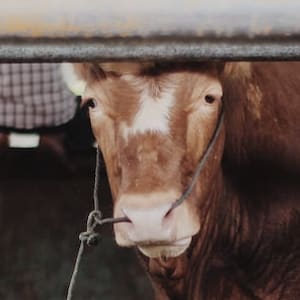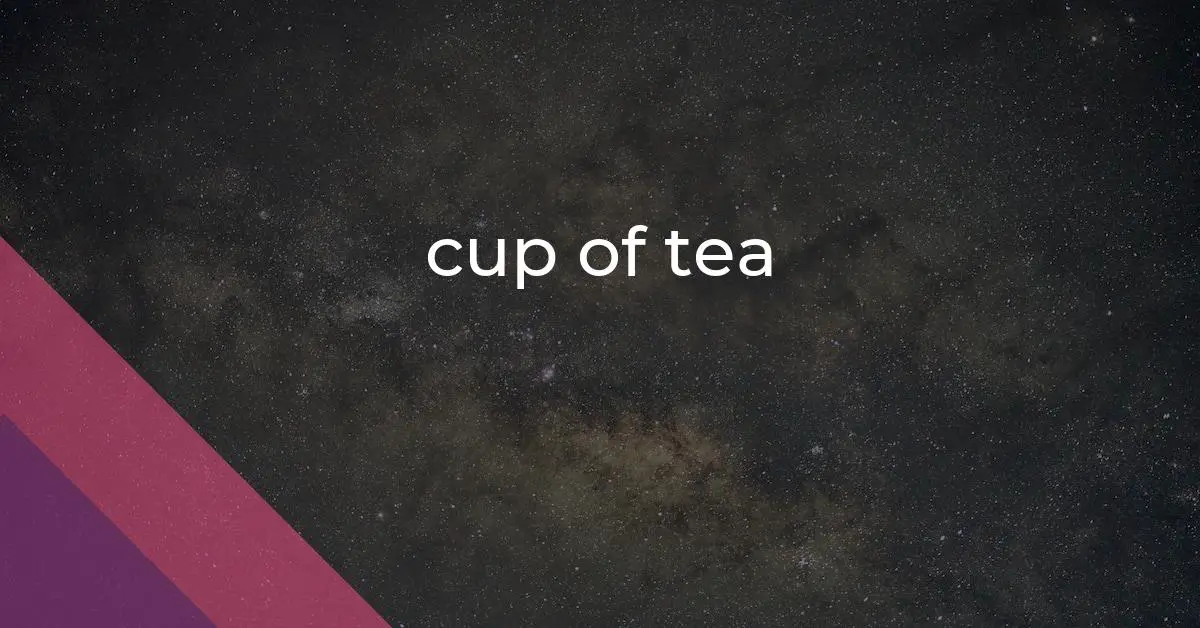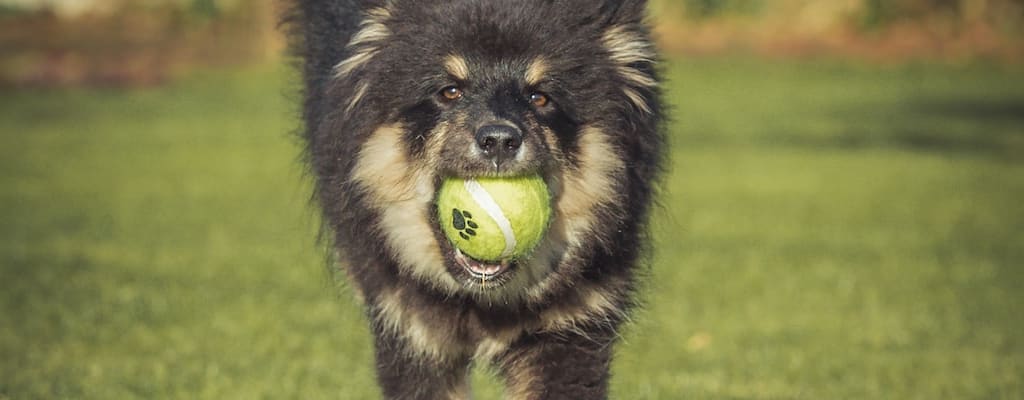cup of tea: Idiom Meaning and Origin
What does ‘cup of tea’ mean?
"Cup of tea" is an idiom primarily used in British English, meaning something that one enjoys or is interested in. It can also be used sarcastically to indicate something that is not to one's liking or interest.

Idiom Explorer
The idiom "lap up" means to enthusiastically accept or enjoy something, often without much thought or consideration. It is similar to eagerly drinking up or accepting something without hesitation.
The idiom *in the drink* means to be in a difficult or unpleasant situation, often caused by one's own actions or decisions. It originates from the idea of someone falling into water or a drink, representing a sudden and unexpected mishap or trouble.
The idiom "in one's cups" refers to being drunk or intoxicated. It implies that someone has consumed so much alcohol that they are influenced or affected by it. The phrase is often used to describe someone who is behaving differently or experiencing the effects of excessive drinking.
The idiom "have a seat" means to take a chair or place to sit down, often used as an invitation or suggestion to someone.
The idiom "have a laugh" means to find something amusing or entertaining and to enjoy a good laugh or joke.
The idiom "have a good time" means to enjoy oneself or to have an enjoyable experience.
The idiom "get a kick out of" means to derive great enjoyment or excitement from something, often something unexpected or unconventional.
An idiom used to express frustration, shock, or annoyance, often in an exasperated or pleading tone.
The idiom *fed up* means feeling extremely annoyed, frustrated, or tired of something or someone. It implies a strong sense of dissatisfaction or exasperation.
Origins Unveiled
The idiom "cup of tea" is a commonly used expression in the English language that has been in use since the early 1900s. It is often used to describe something that one finds enjoyable, likable, or aligned with their personal preferences.
One possible explanation for the origin of the idiom "cup of tea" lies in the cultural significance of tea itself. Tea has long been considered a popular and beloved beverage in British society, with tea-drinking rituals and ceremonies becoming an essential part of British culture. The act of enjoying a cup of tea is often associated with moments of relaxation, pleasure, and personal preference.
Another idea regarding the idiom's origin is rooted in the idea of personal taste and preference. Just as individuals have varying tastes when it comes to tea, the idiom "cup of tea" may have originated as a way to express subjective opinions and preferences.
Despite the lack of concrete evidence surrounding the origin of this idiom, its usage has become ingrained in the English language. The idiom "cup of tea" offers a concise and relatable way to indicate personal preferences and subjective enjoyment.
While the idiom's meaning appears straightforward, it leaves room for interpretation and individual nuance. The phrase "cup of tea" can be utilized in both positive and negative contexts, depending on the speaker's intention and the situation at hand.
For example, the related idiom "cup of joe" is used colloquially to refer to a cup of coffee. This idiom is often used in casual settings or among friends to describe one's preference for coffee over tea. In a sentence, someone might say, "I'm not really into tea, it's just not my cup of joe."
Similarly, the idiom "coffee talk" is used to describe a casual conversation or chat over a cup of coffee. This idiom conveys a relaxed and friendly atmosphere, where people can have meaningful discussions while enjoying a hot beverage.
In relation to the idiom "cup of tea", someone might say, "Let's grab a cup of coffee and have some coffee talk. I want to hear your thoughts on this new project."
On the other hand, the idiom "all the tea in China" is used to convey that something is of great value or importance. It originated from the historical significance of tea in China and how it was highly prized and sought after.
An example of how this idiom can be used is, "I wouldn't trade my job for all the tea in China. I love what I do too much."
Lastly, the idiom "cream in one's coffee" is used metaphorically to describe something that enhances or adds value to a person's life. It is often used to refer to a person or thing that brings joy, happiness, or positivity.
If we apply this idiom to the idiom "cup of tea", someone might say, "He's like the cream in my coffee. He always brings a smile to my face."
The versatility of the idiom "cup of tea" is evident in how it can connect with related idioms, such as "cup of joe", "coffee talk", "all the tea in China", and "cream in one's coffee". These idioms add depth and nuance to the meaning of "cup of tea", highlighting its cultural significance and its ability to express personal preferences and enjoyment.
The idiom "cup of tea" is a well-established expression in the English language that conveys personal preferences and likability. While the exact origins of this idiom remain uncertain, its widespread usage and adaptability make it an enduring part of the English lexicon.
Example usage
Examples of how the idiom "cup of tea" can be used in a sentence:
- She's not really into action movies, but romantic comedies are her cup of tea.
- John finds studying history to be quite boring, but science fiction novels are more of his cup of tea.
- I tried gardening once, but it wasn't my cup of tea. I prefer other hobbies like painting or playing music.
More "Preference" idioms



